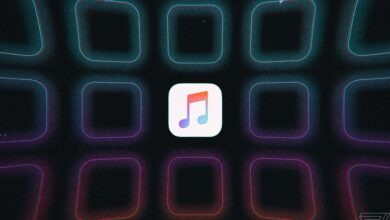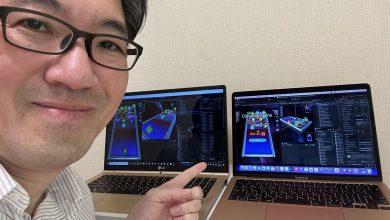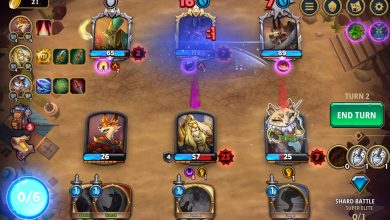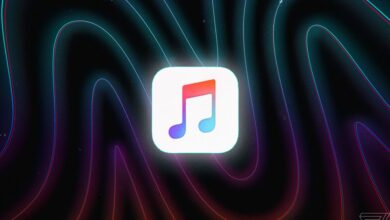How Parsec’s multiplayer gaming system helped ease the stress of lockdown

[ad_1]
In my corner of the Bronx, March 2020 felt like the end of the world. A statewide emergency was declared on March 7th, and the city went into lockdown 13 days later, as case numbers climbed higher each day. Before lockdown, I’d been going to an esports venue nearly twice a week to play in Super Smash Bros. tournaments, but that quickly dropped out of my routine. I had just gotten a library card, too, to make more time for reading. Now the card was useless, and trips outdoors became rare. As soon as I had laid out a plan for getting productive, the world pushed me back inside.
Being stuck inside wasn’t as bad for my social life as you might think. I spent more time on Discord, seeking out new channels and new people. Some of them were streamers, others voice actors — all of them people I would have been unlikely to meet offline. Some of them became my closest friends, which made me even more anxious to find new ways to connect and spend time with them.
Eventually, my friends from college introduced me to Parsec. In simple terms, Parsec is an application that lets you screen-share your PC to anyone you wish. By creating a link to your Parsec, you can let another Parsec user see your screen and interact with it, a step beyond the basic screen shares in apps like Zoom and Discord. Linked Parsec users can even connect keyboards or controllers virtually to the host system and the app will treat them like locally connected peripherals.
Put it all together and it becomes a new way to play games online. A lot of games from older systems like the GameCube and Wii didn’t have online functionality, but they have local multiplayer built in. Combine Parsec with an emulator like Dolphin and a whole new world of console games opens up — games I’d never been able to play with someone who wasn’t in the same room.
We started out with Mario Party, which led to some hilarious moments. (You’ve never seen a player truly break until you’ve seen all of their earnings being given to someone else through Chance Time.) We played the older generation of Super Smash Bros. games, too, before moving on to Mario Kart: Double Dash and GoldenEye. Parsec became a way to relive the aesthetic of an earlier generation of games, providing raw, harmless fun without an overburdened story or gestures at real-world relevance. So many rivalries were born, and so many friendships were tested.
I usually played with friends from college, and those games became some of the best memories I’ve shared with them. I had known most of them for more than a year, so we already had a good rapport, and a sense of just how much smack talk we could get past each other. We kept a Discord channel open while we played, solely for the purpose of throwing jabs.
Parsec’s biggest limitation is that it requires both the host and the remote user to have strong internet connections. If either one is out of whack, then it can cause lag on that side of the game. Lag on the host side is particularly bad since it causes downstream problems for everyone in the session. (I highly recommend connecting an ethernet cable to the system you’re using since a little lag can create a lot of embarrassment.) Since I had a wired connection, I would usually end up hosting. But occasional issues on my end still caused a whole game to stutter. Still, that’s the only real problem with Parsec, and it’s more of a general cloud-gaming problem than a specific issue with the software.
Parsec is a one-track app, aimed at serving a simple purpose: remote multiplayer gaming. In some ways, it’s a simple problem to solve, but solving it well gave me a lot of happiness during what was otherwise a very hard year. Whenever I wasn’t working on writing or trawling the internet for content to watch, I would end up booting up a game and trying to get a Parsec session going. It happened nearly every day. When I think of my favorite moments from 2020, a lot of them were routed through Parsec, playing an older generation of games with newfound friends — and feeling, if only for a moment, that we were all in one room together.
[ad_2]
Source link






